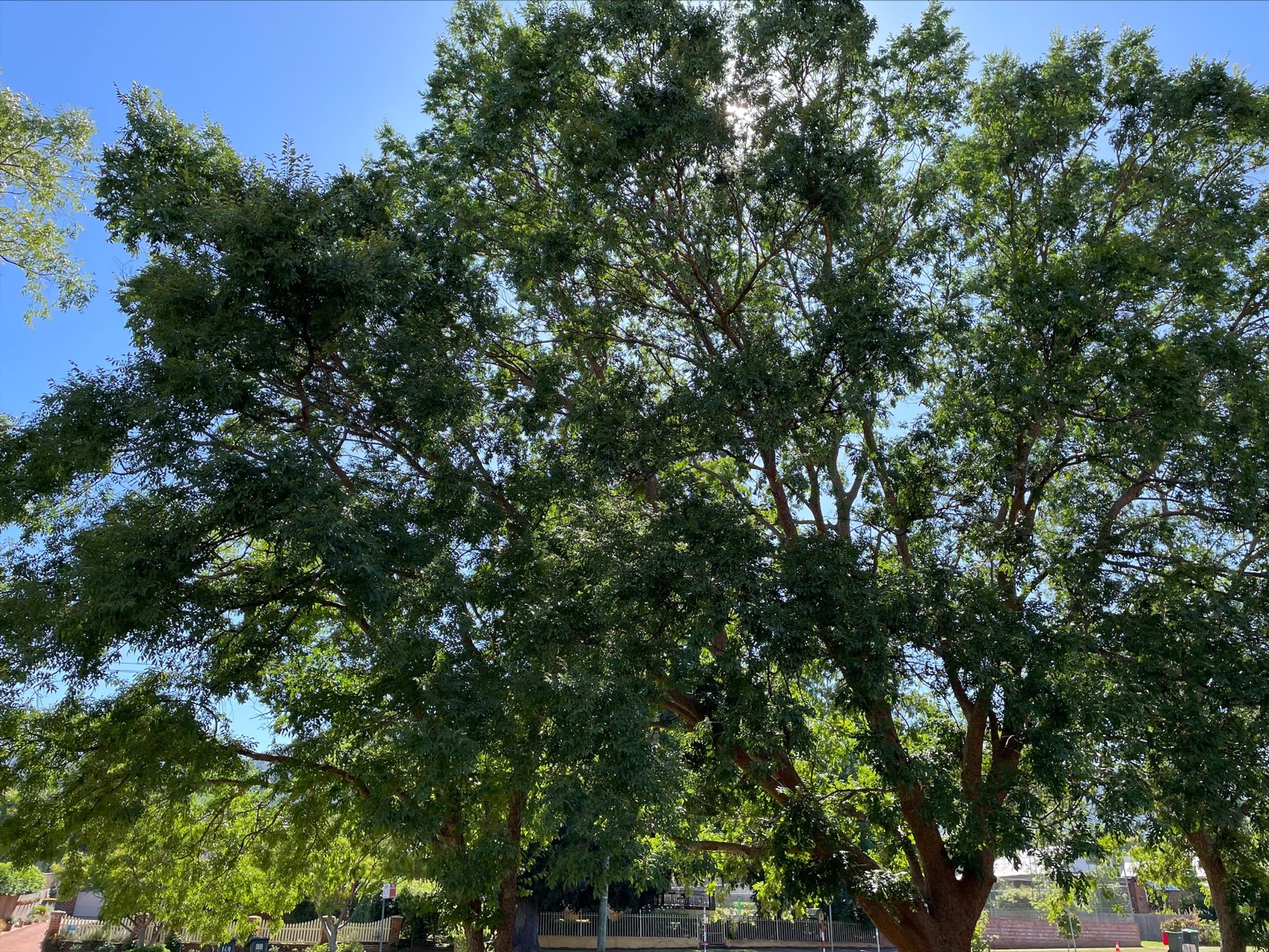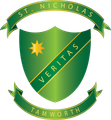FROM THE PRINCIPAL

Term 2 Week 6
Hi Everyone! Welcome to Week 6!
As you know, at St Nicholas, we have 3 rules for living and a multi-tiered system of support called Living Well, Learning Well. A significant part of this framework is an Informed Language of Behaviour Support.
This informed language aims to provide a whole school approach which recognises that student behaviours that present at school are indeed complex and shaped by environmental, family, community and relational influences.
I would like to share the following excerpt for the Living Well, Learning Well Policies and Procedures which outlines the informed language of behaviour support. I am highlighting this so all members of our school community know how we support students' behaviours at school and the consistent language that we use.
'Rules for Living, founded on the statements I am safe, I am valued, respected and cared for, and I am a learner, are central to a positive language of behaviour within Armidale Catholic Schools. Productive, positive behaviours are described in terms of how they keep self and others safe, display consideration for others, and support the learning and wellbeing of self and others.
Behaviours that diminish safety, care or learning are described as unsafe and/or unproductive. A punitive approach often links a predetermined consequence to a named behaviour. An ecological, interventionist approach allows the question: How do we support this student in replacing this unsafe/unproductive behaviour?
Staff in the Diocese of Armidale schools will support a language of behaviour that encourages the triggering of a structured decision-making process when educators are concerned about a student’s welfare, including observed student behaviour.
Behaviours typically described as bullying behaviours are named unsafe behaviours and are subject to a risk assessment. Terms such as allegation, perpetrator and victim are avoided in favour of clear language outlining unsafe actions, associated risks, and risk-reduction strategies.'
When supporting student behaviours at school, students often voice that there is no consequence for the actions of others because they do not see a physical or structured consequence to another's actions. Just because students do not physically see a consequence, does not mean that adequate support and strategies have not been put in place for students to replace that behaviour.
Our 3 Rules for Living are the center of everything we do here at St. Nicholas and our entire staff work each and every day to ensure our students are safe, valued, cared for and respected and are learners.
Please be aware that our Living Well Learning Well Policy and Procedures document along with additional policies can also be viewed on our website.
Student Led Conferences
Thank you to all our parents and carers who have already booked in for their child’s student Led Learning Conference. These conferences are an important part of our reporting process and both our students and teachers have spent a lot of time preparing.
These conferences are of vital importance for the following reason:
- Students have the opportunity to use their “voice” and show ownership as a “learner”. They have an opportunity to demonstrate their learning and consider their next steps in order to improve.
- You have the opportunity to hear about your child’s learning. It is hoped you will walk away with a better understanding of what is working well and what they need to do to improve.
- While the conferences are student led, teachers will also have input and recommendations around where to next in all aspects of learning.
- You will get the opportunity to see the learning space and have the teacher and students explain how all aspects of the classroom space assist with student learning.
At St. Nicholas, we believe that every opportunity for a parent meeting builds further connections between school and home. This in turn increases our students' sense of belonging and agency at school. We hope to see you all at our Student Led Learning meetings.
Have a great week everyone,
Peter Flynn
Principal
